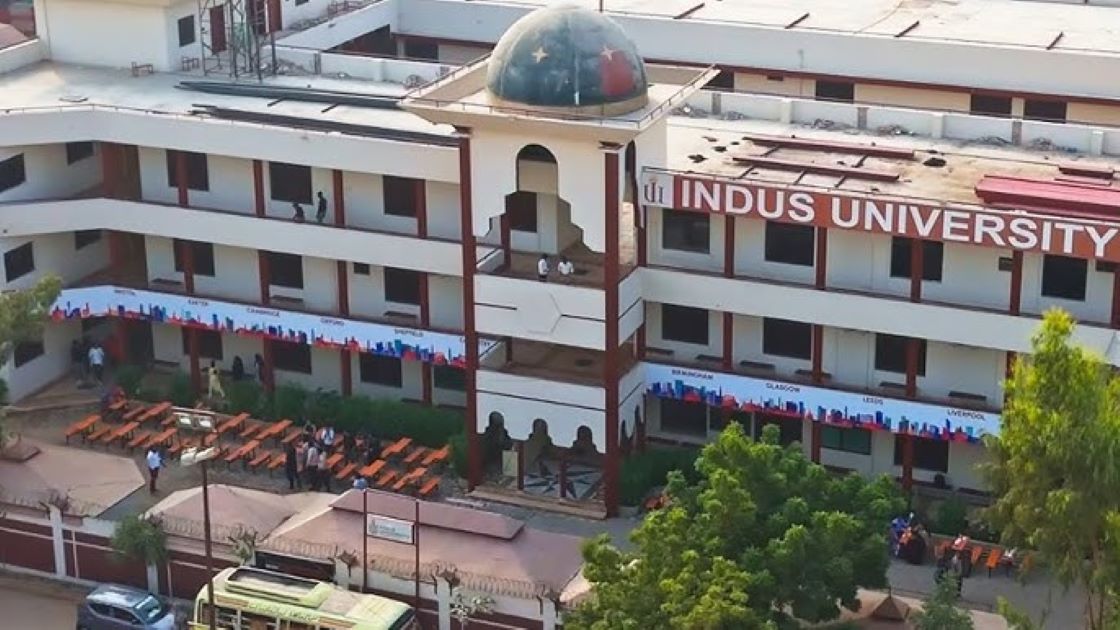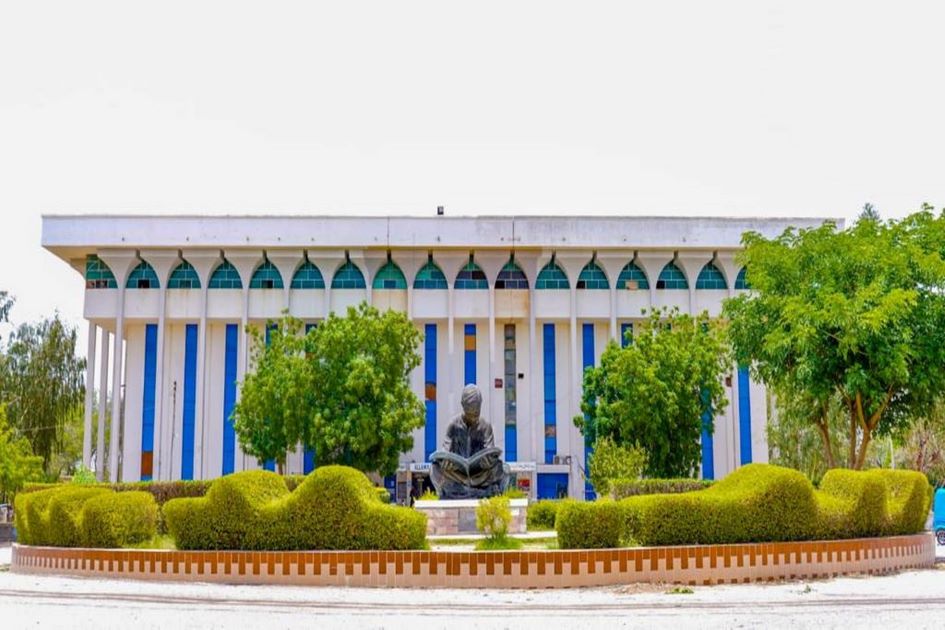Thousands of students in Pakistan enter the next phase of their academic life by seeking university admissions each year. The process is usually daunting with many institutions, programs, and conditions to pass admission. It may be that you are targeting an engineering university or a medical college; it may be a general course like business or social sciences, but with the right guidance, everything can be different. With applications opening up in 2025 nationwide in Pakistan, it is important to know how to handle the application process and ensure that you stand the best chance of getting a seat in your preferred program.
Understanding the University Landscape in Pakistan
Pakistan is a well-connected country with a variety of public and private universities that offer a variety of programs. State-run universities like Punjab University, University of Engineering and Technology (UET), or Quaid-e-Azam University are usually a partial choice due to the low cost and prestige. Conversely, modern infrastructure and international exposure are offered by private universities such as LUMS, IB, A, and Aga Khan University, but are mostly expensive.
Both of these options have to be considered by students. Enhanced entry tests are common in public universities, and interviewees’ and prior performance in the academies are also likely to be of importance in the private institutions. Students should list a shortlist of universities according to their academic interests, place of location, affordability, and long-term career aspirations before they start the admission process.
Key Admission Cycles in 2025
The time of admission is different in various programs and institutions. As an example, MDCAT is usually held in August or September in medical universities, and the engineering universities at the same time organise entry tests in mid-summer. General universities can include several admission cycles in a year.
To ensure that they do not miss deadlines, students are advised to visit official university websites. Most institutions also have online registration systems, and so it is easy to apply without having to be present on campuses.
Preparing Required Documents
A successful application requires careful preparation of documents. Typically, universities in Pakistan ask for:
- Matriculation and Intermediate certificates (or equivalent O/A Levels)
- CNIC or B-Form
- Passport-sized photographs
- Domicile certificate (especially for quota seats)
- Test result cards (MDCAT, ECAT, NTS, SAT, etc.)
Students applying for scholarships should also arrange financial documents, income certificates, or recommendation letters. Keeping multiple copies of each document, both in physical and digital form, saves time during the hectic application period.
Entry Tests and Their Importance
Entry tests in Pakistan are a significant condition for getting admission to the best universities. Engineering students have to pass through ECAT (Engineering College Admission Test), and medical applicants through MDCAT (Medical and Dental College Admission Test). Entrepreneurial and general subjects can accept NTS or college-specific pre-entry examinations.
A high score is something that does not only increases the possibility of admission but also enables the students to receive a merit scholarship. As such, regular preparation is required. Students are expected to begin early in life by impracticing previous papers, going to preparatory academies whereby in case of need, and ensuring that they organize their time well in terms of study.
Choosing the Right Program
In many cases, students are subject to peer pressure or family selection or not when deciding on a degree. Nevertheless, one should choose a program that would respond to individual interests, strengths, and aspirations. Sharing a few examples, students who possess analytical and mathematical skills can become successful in the engineering or computer sciences, and students who have strong communicative and leadership skills can be successful in business or social sciences.
New areas of artificial intelligence, data science, biotechnology, and renewable energy are the fields that are gaining more and more importance in 2025. Students would look into future labour markets and consider the possible fields that would have a positive outlook in the future.
Financial Planning and Scholarships
Education is costly, particularly in the case of a university of higher education. Learners have to do their planning as they seek scholarship opportunities. Government programs like the Ehsaas Undergraduate Scholarship Program and the HEC Need-Based Scholarships assist the deserving candidates. A good number of universities have their own financial aid packages that are based on merit and need.
The process of applying for scholarships involves the application of a deadline and correct documentation. Procrastination should not be applied to this step because most scholarships are offered on a first-come come first-served basis.
Common Mistakes to Avoid During Admissions
Every year, many students lose opportunities because of avoidable mistakes. Some of the most common ones include:
- Missing deadlines for application submission
- Providing incomplete or inaccurate documents
- Applying to too few universities, limiting options
- Relying solely on family advice instead of personal research
- Neglecting entry test preparation
Avoiding these errors can significantly improve the likelihood of admission.
Tips for a Smooth Admission Process
- Start researching universities and programs months before applications open.
- Keep a digital file with scanned copies of all required documents.
- Apply to multiple institutions to keep backup options.
- Regularly check email and admission portals for updates.
- Stay calm and focused during the waiting period, preparing for interviews or further assessments.
Conclusion
Pakistan University admissions are competitive and can be handled with the appropriate plan. Knowing timelines, document preparation, entry test focus, and smart application will help the student get the place of their choice in 2025. Also, bear in mind that higher education is not only about acquiring a degree, but also a platform for future development and opportunities. Through prudent efforts, persistence, and wise decisions, all students can sail through the admission process and boldly enter into the next phase of life.




